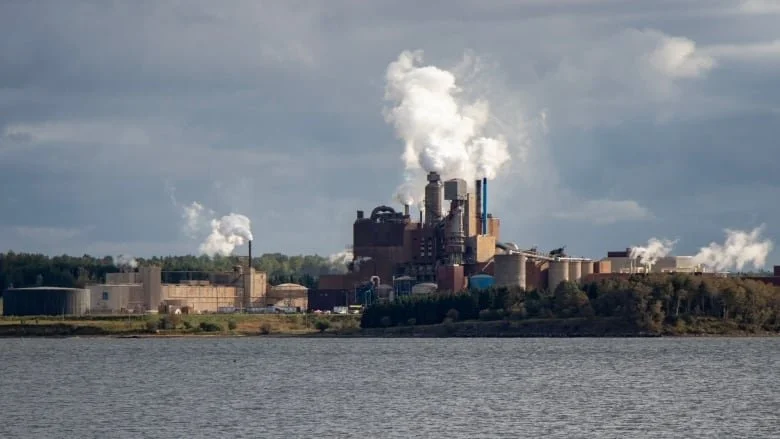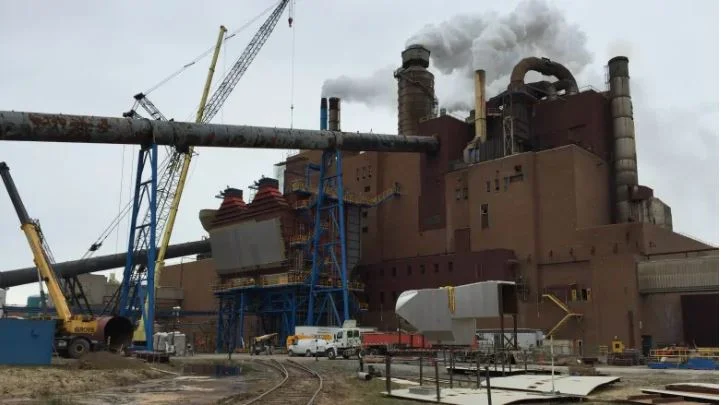The clock has started on the environmental assessment process for Northern Pulp's proposal to restart its beleaguered pulp and paper mill in Nova Scotia's Pictou County. Last week, the company filed a registration document with the Nova Scotia Department of Environment and Climate Change, and on Tuesday the department formally registered the project. Now begins the process of a Class 2 environmental assessment — the more rigorous of the province's two environmental assessment options.
A Mi’kmaq community’s fears of toxic water recede as Northern Pulp mill winds down
For decades, Pictou Landing First Nation has lived uneasily near an industrial plant emitting brown, foul-smelling waste and the effluent treatment facility they say causes respiratory and skin illnesses. Now, the mill is being mothballed. Ms. Francis, a member of Pictou Landing First Nation, fought for years to stop toxic wastewater from the Northern Pulp plant from being pumped into a tidal estuary next to her community. After decades of court battles, environmental studies and protests, people on the Nova Scotia reserve are hopeful they may one day be able trust their water and land again.
Nova Scotia Premier rejects pulp mill’s request to keep dumping waste water near First Nation
Nova Scotia Premier Stephen McNeil has sided against a pulp mill’s plea for a lifeline in a move that has bitterly split his province, earning praise from environmental, fisheries and Indigenous groups, but angering many in the province’s forestry sector. The Northern Pulp mill in Pictou had been asking for an extension on a provincially imposed deadline to stop dumping contaminated wastewater in Boat Harbour, next to the Pictou Landing First Nation, in what many have called one of the province’s worst examples of pollution linked to racism.
Northern Pulp's plans for pipeline, effluent treatment plant now public
Nova Scotians now have access to the details of Northern Pulp's controversial plan to build a new effluent treatment plant and discharge pipeline that will empty into the Northumberland Strait. The plan put forward to the Environment Department is to build a "biological activated sludge" treatment facility purchased from a Paris-based multinational corporation called Veolia Water Technologies.





